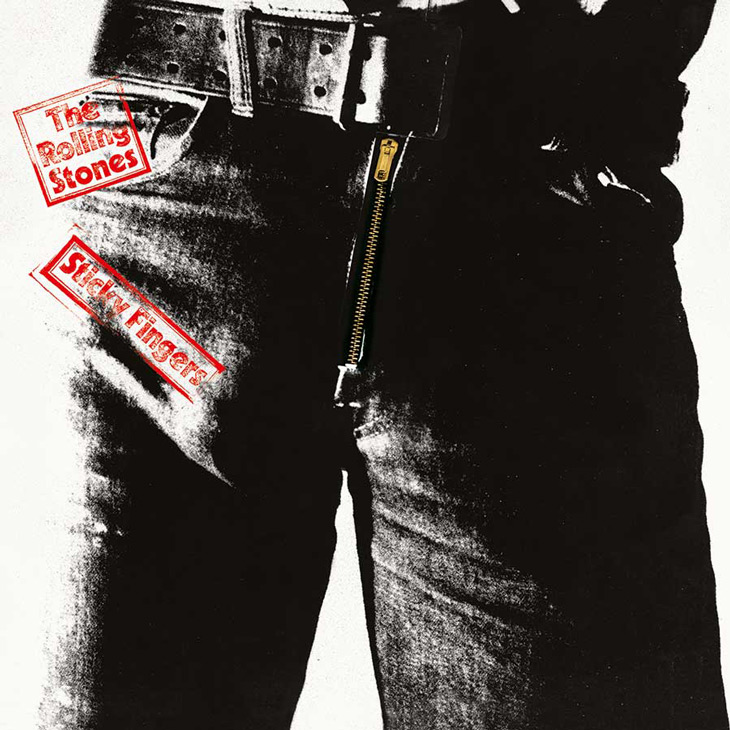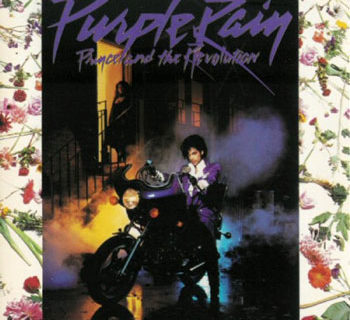The Rolling Stones - Sticky Fingers
Most people want to be the first to do something–first walk on the moon, first to reveal a celebrity has died, first to get tickets to show–first is an act of pride. But, as Mick Taylor proves, being the best is far better than being the first. That is among the many reasons for my unqualified love of The Rolling Stone’s 1971 classic Sticky Fingers.
Mick Taylor’s tenure with the stones is the strongest for one important reason: he is everything the Stones’ aren’t. Brian Jones was the explosive compound that propelled them to greatness; but Taylor’s virtuoso, lyrical guitar playing is what makes them amazing. All the Stones’ records at the top of Acclaimed Music’s top 3000 albums list are from this era.
Taylor’s guitar playing is so antithetical to the Stones that he pushes Keith Richards to be Richards’ most extreme version of himself: in obeisance to the almighty chord. From that caramelized harmonic chord progression on “Brown Sugar” to the extended solos on “Can’t you hear me knocking,” Taylor’s ability to see sweet and sultry keeps a level of tension in the group that pushes the grungier elements of the Stones pushing harder. Jagger’s screams and Watts’ drumming have to struggle to be common and feckless in the face.
And that’s why Sticky Fingers works. It’s vinegar covered in a fine varnish of honey and attracts all the flies. It sets orchestral flourishes against skanky duck walk Chuck Berryisms and spins a sophisticated palate of hard-rocking, grade-A Stones’ compositions, with no filler.
It’s vinegar covered in a fine varnish of honey and attracts all the flies
It may not have the grandiose “Fuck You” of Let it Bleed or Exile on Main Street, or the bluesiness of Beggar’s Banquet and experimentation of Their Satanic Majesty’s Request or December’s Children. It doesn’t have that transcendent ennui, or adolescent rage that typifies the most loved of the Stone’s output. At times, Sticky Fingers is also a little too neat, with no rocks for the scotch. But it has a consistency to it that makes it infinitely listenable.
The Ronnie Wood era of the Stones that followed–the most stable line-up–is so all-over-the-place musically, because Wood is so like Keith Richards that there is never any sense of struggle. Taylor was too different to ever stay in the Stones for long. But the albums he’s on are the best the Stones ever put out, and that says a whole lot.
There you have it, perhaps the only Rolling Stones album I unreservedly adore. I guess miracles do happen, huh?
Until you hear me knocking.













